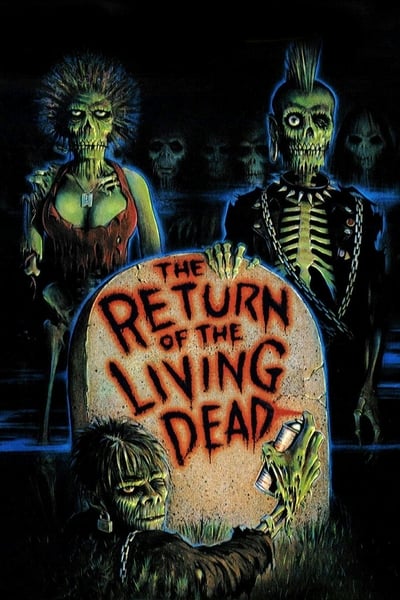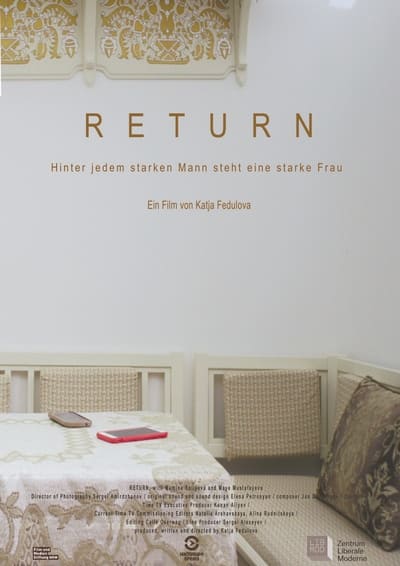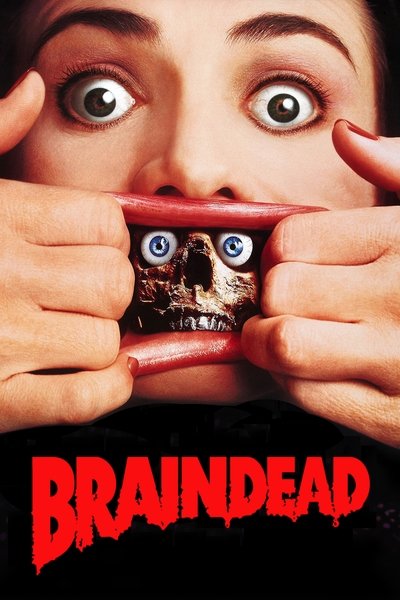
The Ungemach Experiment, a Story of Eugenics
In 1924, a garden city, called “Ungemach”, was inaugurated in Strasbourg; it was restricted to couples who bore “healthy and fertile strains”. This officially eugenicist experience was endorsed by both political and scientific authorities, and the selection system lasted until the 1980s! To understand the genesis of such a project, it is necessary to revisit the history of eugenics. We will first go to England, where the concept was born and developed in the 1880s. Then to the United States, Switzerland, the Nordic countries, Japan, where, since the 1920s, large-scale sterilization policies have been implemented to eradicate health and social "defects", long before Nazi Germany. This question of eugenics is a universal one; its implementations were numerous and it still permeates ethical debates on medically assisted procreation techniques or Transhumanism today.

Storyline
In 1924, a garden city, called “Ungemach”, was inaugurated in Strasbourg; it was restricted to couples who bore “healthy and fertile strains”. This officially eugenicist experience was endorsed by both political and scientific authorities, and the selection system lasted until the 1980s! To understand the genesis of such a project, it is necessary to revisit the history of eugenics. We will first go to England, where the concept was born and developed in the 1880s. Then to the United States, Switzerland, the Nordic countries, Japan, where, since the 1920s, large-scale sterilization policies have been implemented to eradicate health and social "defects", long before Nazi Germany. This question of eugenics is a universal one; its implementations were numerous and it still permeates ethical debates on medically assisted procreation techniques or Transhumanism today.





















